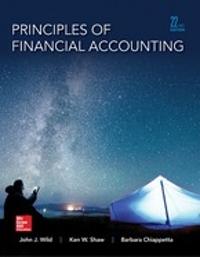Answered step by step
Verified Expert Solution
Question
1 Approved Answer
1. (18 pts) Huey, Dewey and Louie are three brothers. Their uncle left them $36 to share among themselves. So, they are trying to decide


Step by Step Solution
There are 3 Steps involved in it
Step: 1

Get Instant Access to Expert-Tailored Solutions
See step-by-step solutions with expert insights and AI powered tools for academic success
Step: 2

Step: 3

Ace Your Homework with AI
Get the answers you need in no time with our AI-driven, step-by-step assistance
Get Started


